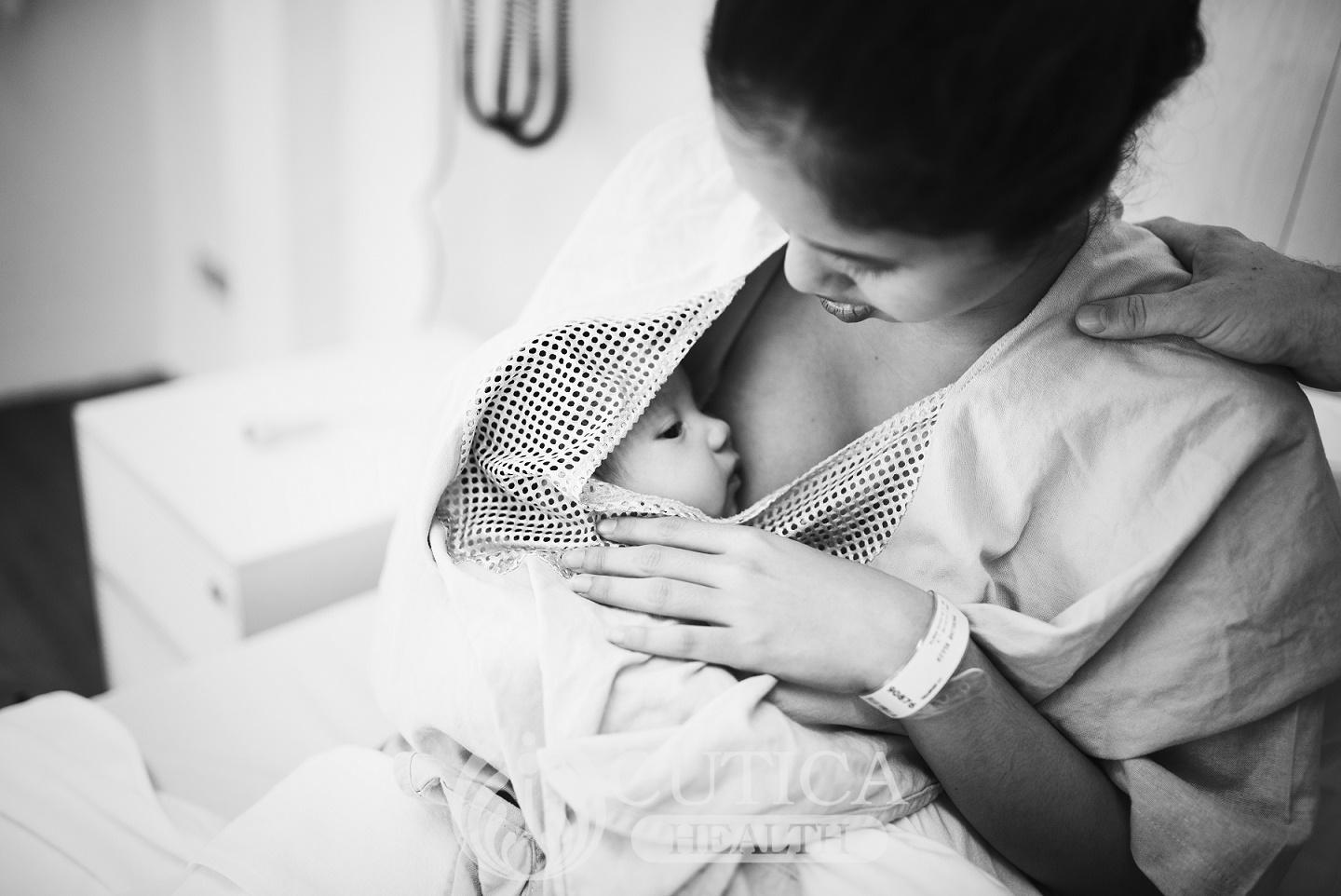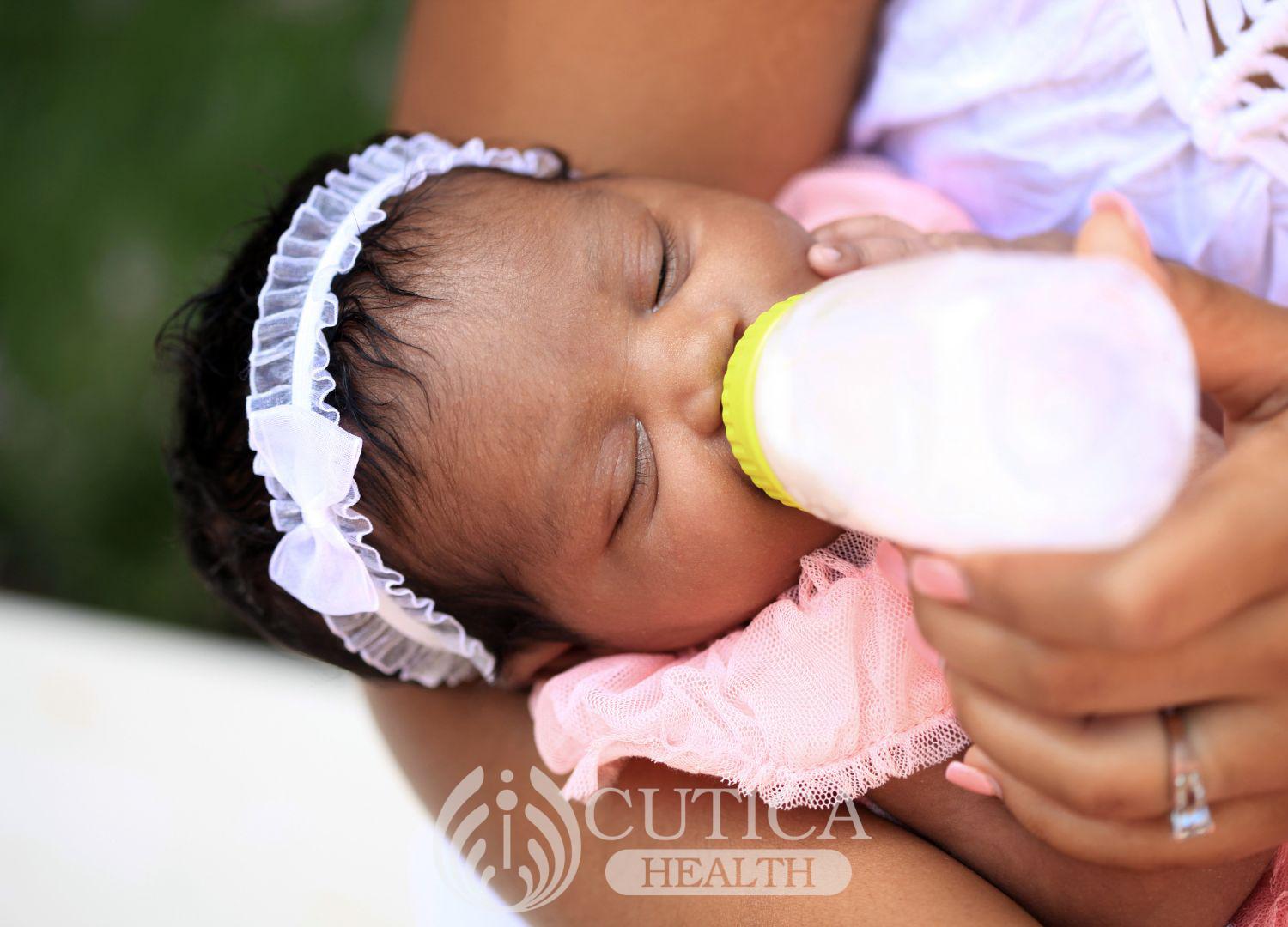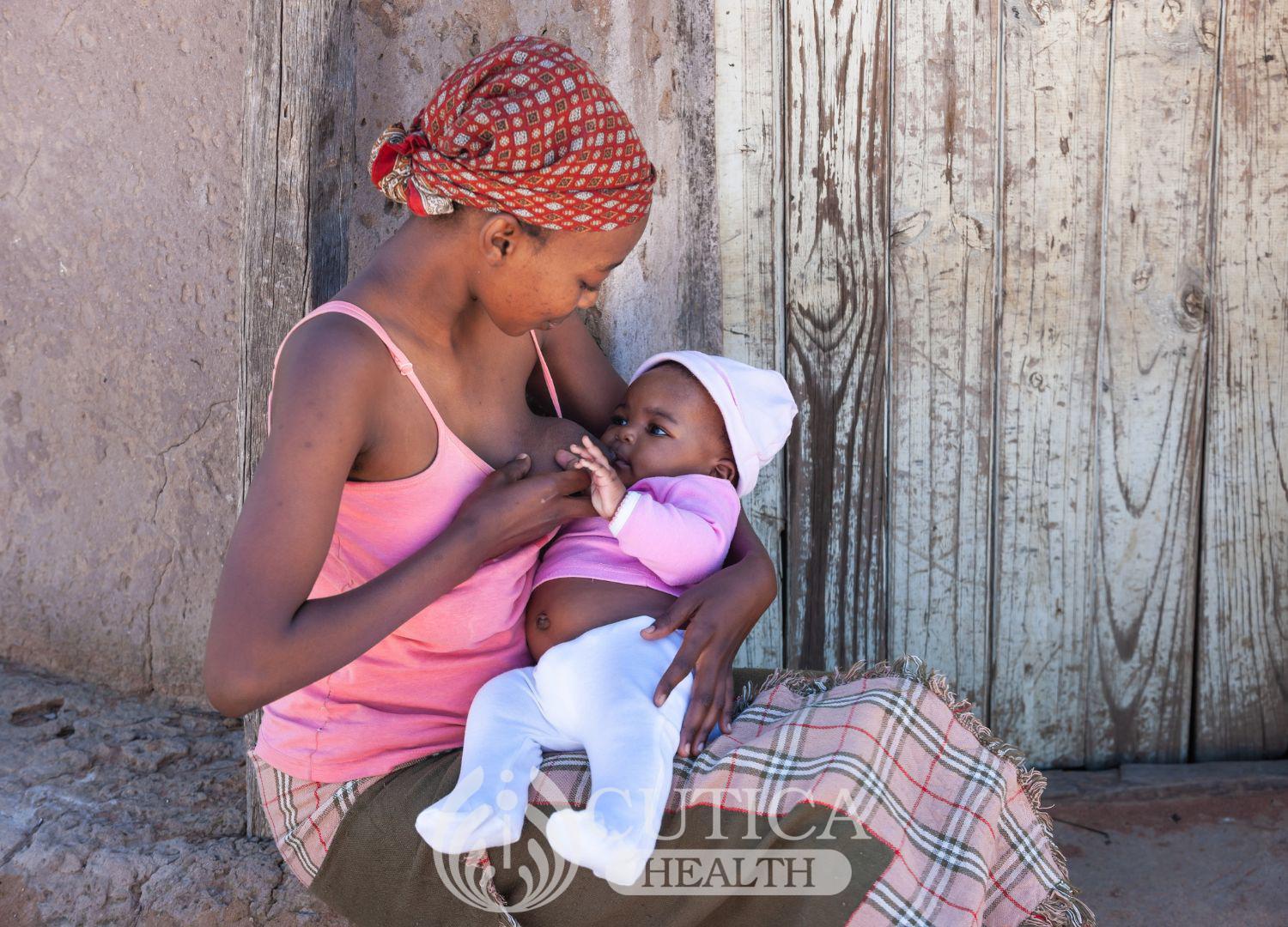
X-rays are used to visualize and produce images of the insides of our bodies using radiation. It can be used to look at the bones, joints, teeth, and sometimes internal organs such as lungs or bowels. It is a painless procedure which helps with diagnosis of various conditions.
Because of the type of energy (ionizing radiation) released during the procedure, which is absorbed by the body, there is concern as to whether this test is safe enough to be done on a pregnant woman.

Information derived from diagnostic x-rays can be lifesaving. Before an X-ray is recommended, the risk vs the benefits are weighed. Pregnancy is quite a delicate state and, for the sake of the pregnant mother and unborn baby, extra care is taken before procedures are carried out or medications are prescribed.
Most women will go through their entire pregnancy without ever requiring an x-ray. However, sometimes, in certain disease conditions, it may be prescribed.
Effect on Mother
- The worry about having an x-ray is due to the concern that the radiation can cause cancer in future. While it is true that this type of radiation slightly increases risk of cancer many years later, the risk is however very small. Because only a small part of the body is x-rayed at a time while the other parts are covered with a shield.

The amount of radiation you are exposed to has been compared to exposure to natural radiation in the environment and the risk no higher than that from the environment. - There’s a 1 in 1,000,000 chance of developing cancer from x-ray to your chest or limbs.
Effect to the Unborn Baby
- X-rays that do not involve your reproductive organs, that is, x-rays to your arms, legs, chest, etc, carry no significant risk to your baby when accurately performed.
- Concerns however rises when there’s need to examine parts involving your abdomen or pelvis. There’s a small chance that the radiation may harm your unborn child.

While this has been argued by some who believe that the radiation is too little to cause harm, others are of the opinion that because the cells of the baby are dividing and growing so fast, there may be a degree of harm possible. However, this risk is small as long as exposure to radiation in X-rays is minimal.
Summary
Mothers worry about the health and welfare of their unborn babies and for this reason may refuse to engage in anything that may be of harm to them. 
- An x-ray can be a life saving procedure and the benefit of having it is sometimes much greater than the potential risk.
- Majority of birth defects and childhood diseases occur in the absence of known exposure to any harmful agent during pregnancy.
- It is however good to limit exposure to factors that are known or even potential threats to the well-being of your baby.
- If you have been scheduled for an x-ray, minimise the risk by informing your doctor that you are pregnant. It is also important to inform them if you've had other x-rays done, when, why and to what body part.
- If you were x-rayed before finding out you are pregnant, discuss your concerns with your doctor.
- Do not panic. If the amount of radiation was minimal, there’s very little risk to your baby.












